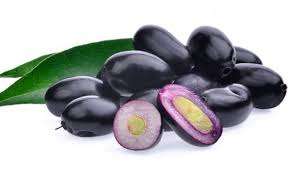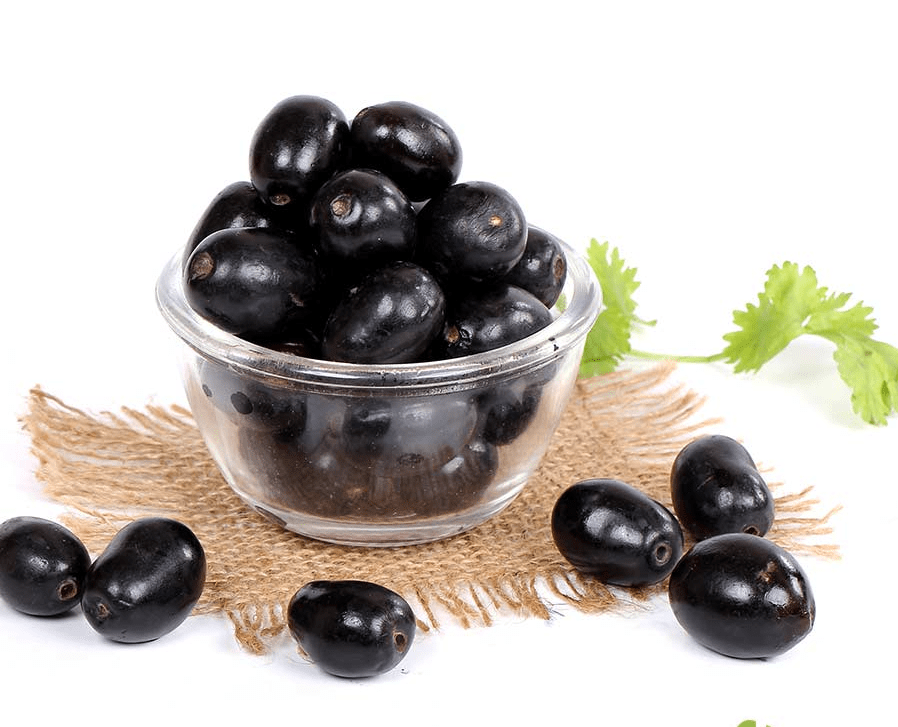


Dried jamun, also known as dried black plum or dried Java plum, is a popular snack in many parts of South and Southeast Asia. Here is a basic nutritional analysis of dried jamun, based on data from the United States Department of Agriculture (USDA) National Nutrient Database:
- Serving size: 100 grams (3.5 ounces)
Calories: 317
Protein: 2.6 grams
Fat: 0.6 grams
Carbohydrates: 80.4 grams
Fiber: 3.3 grams
Sugar: 51.7 grams
Calcium: 69 milligrams
Iron: 4.4 milligrams
Magnesium: 68 milligrams
Phosphorus: 71 milligrams
Potassium: 1608 milligrams
Sodium: 26 milligrams
Vitamin C: 0.7 milligrams
Vitamin A: 2 IU
Folate: 0 micrograms
As you can see, dried jamun is high in calories and carbohydrates, with a significant amount of sugar. It is also a good source of calcium, iron, magnesium, and potassium. However, it is not a significant source of vitamins or minerals, except for iron.
It’s important to note that dried fruits are more calorie-dense than fresh fruits due to the removal of water, and they also tend to have higher sugar content. While dried jamun can be a tasty and nutritious snack in moderation, it’s best to consume it as part of a balanced diet and watch portion sizes to avoid excessive calorie and sugar intake.
